Small-Scale Fishers Champion a New Direction at Ocean Week's 2024 Event

Three small-scale fishers—Gwen Pennarun (President of the Brittany Handliners Association, France), Muireann Kavanagh (Irish Islands Marine Resource Organization, Ireland) and Isaac Moya Bofill (Empescat, Spain), made their way to Brussels to call on newly elected MEPs for a level playing field in the fisheries industry and for small-scale low-impact fisheries to be better supported in the light of their crucial role in addressing the sector’s sustainability and socio-economic challenges.
They reported the daily struggles they face in performing their work, which range from being banned from fishing certain commercial species on their doorstep while larger-scale interests do so, to witnessing the depletion of resources during spawning season and being forced to operate in the context of marketing regulations that are designed for large volumes rather than high-quality products.
“Article 17 (of the CFP) is there, but Member States need to do more to enforce it. Small-scale fishers practice sustainable fishing, aware of the fragility of the resource and the environment in which it evolves. They depend on quotas and adapt their catching techniques according to the season, the weather, and the moment’s opportunities. We need to help preserve this way of working” says Gwen Pennarun, President of the Brittany Handliners Association and Director of the Low Impact Fishers of Europe.
For decades, European seas have been dominated by industrial, high-impact fishing practices that hold disproportionate quota allocations. These large-scale operations make profit at the expense of the small-scale fleet and contribute to the degradation of the ocean, including in highly sensitive areas, threatening the long-term sustainability of the fishing stocks.
“To me, it seems the EU’s idea of a sustainable fishery is wrong. Their idea is to allow factory boats with large diesel engines and huge nets which are causing serious damage to the environment, and more importantly to the fish stocks. Compare that to my small fishing boat with a small engine and 6 hooks on a line that you can hold in one hand” says Muireann Kavanagh, Irish Islands Marine Resource organisation (IIMRO).
The fishers gathered in a prominent tent on the esplanade in front of the European Parliament as part of the event “Rethink Fisheries: For Thriving Seas and Communities.” Resulting from a powerful collaboration between NGOs, fishers, MEPs, academics, and members of the public, the initiative was a highlight of Ocean Week 2024 and brought together over 150 attendees to represent diverse voices, from small-scale fishers to policy makers. The goal was to explore solutions for sustainable fisheries and vibrant coastal communities, underscoring the importance of empowering small-scale fishers in reimagining Europe’s approach to fisheries management.
Small-scale, low-impact fisheries are guided by a holistic approach that harmonises environmental sustainability with socio-economic interests. The Make Fishing Fair session, where fishers featured as panelists, provided a unique opportunity to hear their stories of resilience as they work in accordance with marine ecosystems while preserving the cultural heritage of their coastal communities.
The panel event followed on from the delivery of the Make Fishing Fair open letter, signed by 37 small-scale fisher organisations from Europe, and delivered to Virginijus Sinkevičius’ team, the former Commissioner for the Environment, Oceans & Fisheries, earlier this year. The letter outlines the actions the Commission and Member States should take, recognising that low-impact, small-scale fishers are key to better managing stocks and protecting the sea, while generating social benefits. This contributes directly to coastal communities and local livelihoods, unlike industrial, large-scale fishing.

